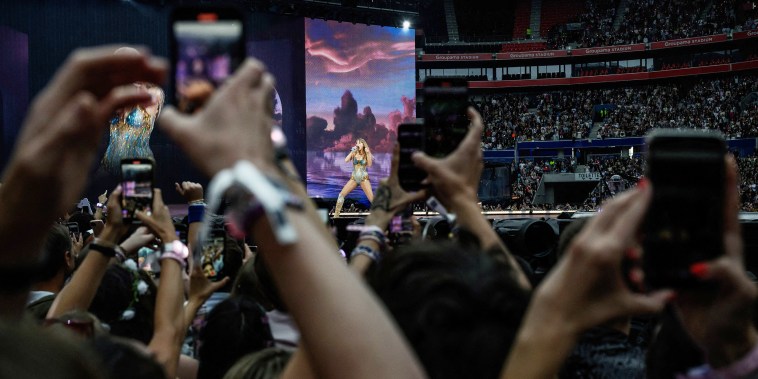The Funflation Effect: Understanding Americans’ Shift Toward Travel and Entertainment Spending
The concept of funflation, a term coined to describe the increased spending by Americans on travel and entertainment, has gained popularity in recent times as individuals seek to prioritize experiences over material possessions. This shift can be attributed to various factors that have influenced consumer behavior and shaped the way people allocate their disposable income.
One significant driver of the funflation effect is the greater emphasis placed on experiences and memories in today’s society. With the rise of social media and the culture of sharing experiences online, people are increasingly valuing moments spent with loved ones or engaging in exciting activities over acquiring material goods. The desire to create lasting memories and share them with others has led to a surge in spending on travel and entertainment.
Another key factor contributing to the funflation trend is the increasing availability and accessibility of travel options and entertainment activities. Advances in technology have made it easier for individuals to research, plan, and book trips, leading to a proliferation of travel opportunities at varying price points. Additionally, the diversification of entertainment options, including concerts, festivals, and immersive experiences, has made it more enticing for people to allocate their resources towards these activities.
Moreover, the changing dynamics of the workforce and shifting societal values have also played a role in driving the funflation effect. As more individuals prioritize work-life balance and seek ways to de-stress and unwind, investing in travel and entertainment has become a popular means of escapism and relaxation. The desire to explore new destinations, try different cuisines, and engage in unique experiences has become a symbol of living life to the fullest and embracing adventure.
The impact of the global pandemic has further accelerated the funflation effect, as people have reevaluated their priorities and sought out opportunities to make up for lost time. With travel restrictions easing and vaccination rates rising, individuals are eager to embark on new adventures, reconnect with loved ones, and make the most of the opportunities available to them.
In conclusion, the funflation effect reflects a broader cultural shift towards experiential spending and a reevaluation of what brings true happiness and fulfillment. By understanding the underlying drivers of this trend, businesses in the travel and entertainment industries can better cater to the evolving needs and preferences of consumers. As individuals continue to seek out memorable experiences and meaningful connections, the funflation effect is likely to shape consumer behavior for years to come.

